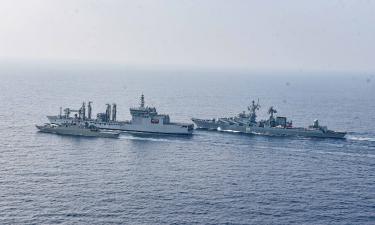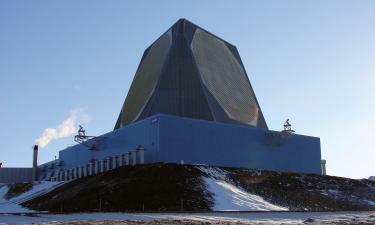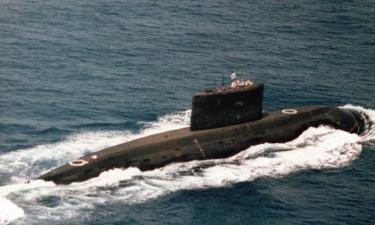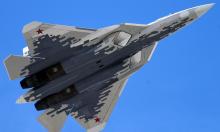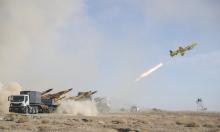Alexandr Lukashenko does not intend to “put his flippers down” and threaten Russia journalists
Following Vladimir Putin, President of Belorussia Alexandr Lukashenko gave a speech to the nation. The appeal of the Belorussian leader was as usually superemotional, rough, and sometimes ambitious, though it was accepted by deputies of the National Assembly with storm of applause. The observers noticed that Lukashenko did not say anything new: the political and economical course of the country was set long ago. Belorussians are building a “socially aimed market with the support of their own power,” their own “Belorussian model of development.” “The course of the country is aimed at building a powerful and prosperous Byelorussia and the development of good, neighborly relations with other states and remains the same,” the president stated. According to the president, one of the main achievements is that “we have kept big plants in state property,” “we have raised our plants from their knees, and they enjoy popularity in the world market.”
The president is especially concerned with the Belorussian opposition and Russian journalists, first of all from the NTV channel. Lukashenko made many claims to journalists, though the main one is the biased, non-objective covering of the events that take place in the country. For example, some of mass media representatives “cast of all restraint,” so they should be expelled from the country. Take at least the preconceived covering of non-sanctioned “march of protest” that was carried in Minsk on April 19. ORT correspondent Pavel Selin could be the first who will be deprived of permission to work in Belorussia.
As for the opposition, the president stated that all its actions were of a mastermind character and are being financed from abroad. According to Lukashenko, all citizens would be loyal to him and to his policy if not for “the West’s noxious influence.” At the same time, he expressed hope for a better relations with OSCE, the Council of Europe, European Union, and NATO. In Belorussia, in addition to undoubted economical growth, there are serious problems that must be solved immediately and effectively. In particular, the question is about noncompititive Belorussian goods. Their prime cost is very high, so these products cannot be sold even inside Belorussia. To improve this situation, the president said investments and modernization of production are necessary. Lukashenko set the goal: by the year 2005, the gross national product should be increased by 40 percent, while the average salary should be increased 2.5 times.
As for relations with Russia, it is priority number 1 in the foreign affairs of Belorussia. At the same time, Lukashenko stated that, during the Bush-Putin summit, serious pressure would be made upon Moscow to hinder relations between the two brotherly, Slavic states. The president does not keep back his indignation: “Bush has it already in his plan prepared for the summit that he should demand Putin to press down against Belorussia, because, in Byelorussia there is not 'democracy'.”
Lukashenko intends to meet with President Putin in the nearest future. In St Petersburg, they should solve questions that can be solved only at the highest level, first of all, regarding the union. “Who puts down flippers, immediately sinks,” Lukashenko said, and he does not want to put them down.
Sergei Yugov PRAVDA.Ru
Translated by Vera Solovieva
Read the original in Russian: https://www.pravda.ru/main/2002/04/24/40184.html
Subscribe to Pravda.Ru Telegram channel, Facebook, RSS!
